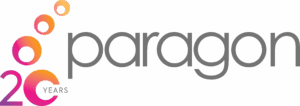David DeBord is Senior Legal Counsel at Paragon, focusing on antitrust and corporate matters.
In the latest Paragon Attorney Spotlight, David discusses emerging trends for in-house law departments, the attorney he looked up to as an 11-year-old, and what children’s archery tournaments can teach you about work-life balance.

David DeBord, Senior Legal Counsel at Paragon
What initially got you interested in law?
I met my first attorney when I was 11 at my parents’ divorce mediation. She was the mediator and, even at that age, I could tell she was extraordinary at her job.
She was brilliant, empathetic, and utterly in control of the hearing, including my parents’ disputatious counsel. That’s the first time I remember consciously thinking, “I want to grow up to be like that adult.”
Can you talk a bit about your career progression? Was there anything in particular that made you gravitate toward your current areas of practice?
I started out as an antitrust associate at a great firm, working with some amazing people who taught me how to be a lawyer.
After about eight years at that firm, I got the opportunity to go in-house at a Tier 1 automobile manufacturer. My boss and co-workers there taught me how to be an effective in-house lawyer. Looking back, I appreciate their grace and patience every day, because I had plenty to learn.
Over the years, I kept up my antitrust specialty, while also developing the toolkit of a corporate generalist. I’ve been blessed to work in-house both as part of a large corporate department and as the sole lawyer for a company.
What do you like about working in the flexible counsel arena at the moment? Can you name any specific challenges and rewards during your time with Paragon?
Being embedded allows me to get a detailed view of a client’s operations that would be considerably more difficult to get if I were at a traditional law firm. This allows me to be much more effective in supporting the client and helping its team members solve problems.
Being interim also means that I get to work with a variety of people with different backgrounds, which helps me see how different attorneys and companies are solving similar problems. This better equips me to share effective practices with my own clients.
The initial challenge with any client is IT onboarding (my thanks to all the tireless IT professionals out there), and other areas of focus emerge based upon the client’s needs.
Some legal departments are well-oiled machines that simply need a temporary replacement, while others need help building the airplane while it’s in the air. I find both situations to be rewarding in different ways.
What led you to Paragon and what’s it like working here?
I hadn’t heard of Paragon when they approached me with an opportunity for one of their clients. Once I understood how their model worked, I got very excited very quickly about the opportunity.
Paragon’s people always make time to help with whatever issue I need addressed. Interacting with other Paragon attorneys also helps me build my network.
Each client is different, of course, but I appreciate the consistency of support from Paragon to ensure that the fit works for both the client and me.
What was your favorite Paragon engagement you worked on? Why?
Can a parent pick a favorite child? Of course not, and that’s how I see each of the engagements I’ve worked on.
On what Paragon project were you able to provide the biggest impact for the client? How?
In terms of measurable impact on a company’s financials, the client I’m currently providing commercial support for just finished a record-breaking quarter where they closed the most deals and had the highest total sales in their 10-year history.
I actually think, though, that Paragon attorneys provide “the biggest impact” for each client we serve by reducing the burden on existing in-house attorneys and helping them serve their clients more effectively.
What skills have you learned at Paragon and how have you applied them to future roles?
I believe the skill I’ve improved the most since joining Paragon is effective communication, which is a lifelong improvement process for attorneys.
I strive to quickly make an impact and add value for Paragon clients.
For me to do that effectively, I have to be a great listener and hone in on the unique parts of each client’s business. I’m often working with people for the first time, and I need to understand what they’re looking for while being clear on what I can deliver.
What were some of your most notable experiences as an embedded lawyer through Paragon?
I find that I get to work on a lot of unique matters in addition to whatever issues I was hired to work on — at least once a month or quarter, some new project comes along with issues no one in the department has ever dealt with before. Paragon clients often give me these challenges rather than having their internal people build new skillsets.
One particularly notable example was when a large online retailer and multimedia provider approached the organization I was working with about a brand new business line it was selling, and we had to figure out how everything was going to work together.
What stands out to you, if anything, about the Paragon experience?
It may sound like a cliche, but for me it’s the people at Paragon. There are a lot of good people and places to work out there, but for sheer pleasantness I don’t think the Paragon team can be beat.
What have been your impressions of how diversity and inclusion efforts have progressed throughout the legal industry during your career?
According to the World Bank, in the year I was born there were 4.2 billion humans on Earth. In 2020, there were 7.7 billion. That’s an 83% increase.
I bring that up because, just by sheer numbers alone, we have to be better today than we were then at effectively working with others. Some great lawyers are born that way, but most are made, through access, mentoring, and opportunity.
I think diversity and inclusion efforts have made great strides, but that there are still historical and structural impediments to those efforts and we should always be looking to improve.
What are your passions outside of work?
My partner and I love to travel and see and do new things. I’m a voracious reader, as well as a new convert to the sport of pickleball. While walking the dog or working out, my newly discovered soundtrack is The Rest Is History podcast — I’m going to be slightly morose when I catch up on the backlog.
Work-life balance is a popular topic, especially since the pandemic. How do you balance top-level legal work with other pursuits?
I’m one of those insufferable people who likes to think I’ve evolved past work-life balance. From my perspective, work is a part of life until it isn’t.
My approach is to devote my personal energy to the things I care about, and to try to minimize the energy I devote to things I don’t care about. I also try to keep my mindset at a high enough level of categorization that I view otherwise unpleasant parts of my work or life as part of a process that I do care about.
For example, do I like traipsing through the muddy woods on scorching hot days to support our kid as she competes in archery tournaments? No. But, I do love the enjoyment she gets from the sport and what it has meant for her development.
So as I swat away flies, I remind myself of the larger goal. I try to bring the same mindset to work. Delivering value to Paragon clients is the larger goal, and staying focused on doing that generally solves the work/life balance issue for me.
How do you see the legal industry evolving in what will likely be a workflow that includes some remote component?
The legal industry has a reputation for a certain level of technophobia, and I think there’s significant truth to that.
The pandemic demonstrated the pluses and minuses of remote work. People who couldn’t have imagined working effectively remotely learned to do so, while others who thought they’d like to work remotely forever missed aspects of being in the office.
I think the firms and departments that engage with what their people want are going to come out ahead. My instinct is that the hybrid model will become the default for the industry over time.
What legal trends do you think will be important in the second half of 2022 and heading into 2023?
Privacy, including potential federal legislation, will continue to be a hot-button topic. IT security issues will also remain significant.
As an antitrust attorney, I would remind everyone that we often see price-fixing schemes in down or flat markets, so if the U.S. does head into a recession, there could be significant enforcement activities.
Also, for those companies that still haven’t figured out their return to work (or not) approach, I think they’ll continue to wrestle with that issue.



